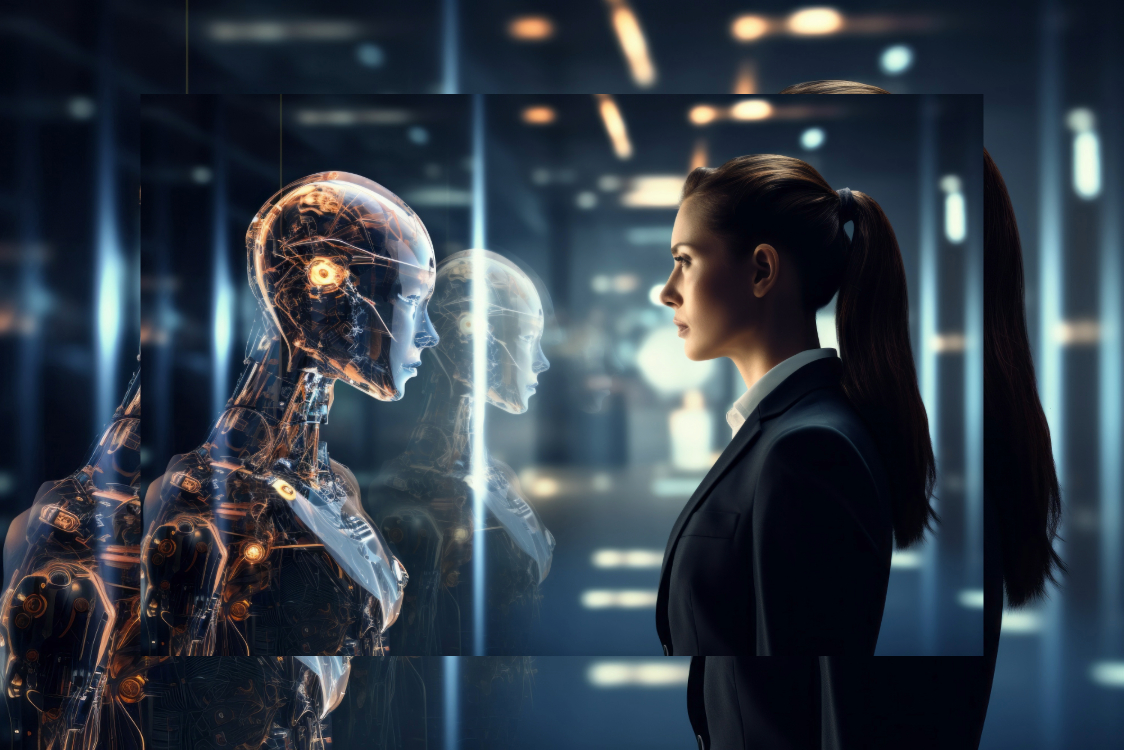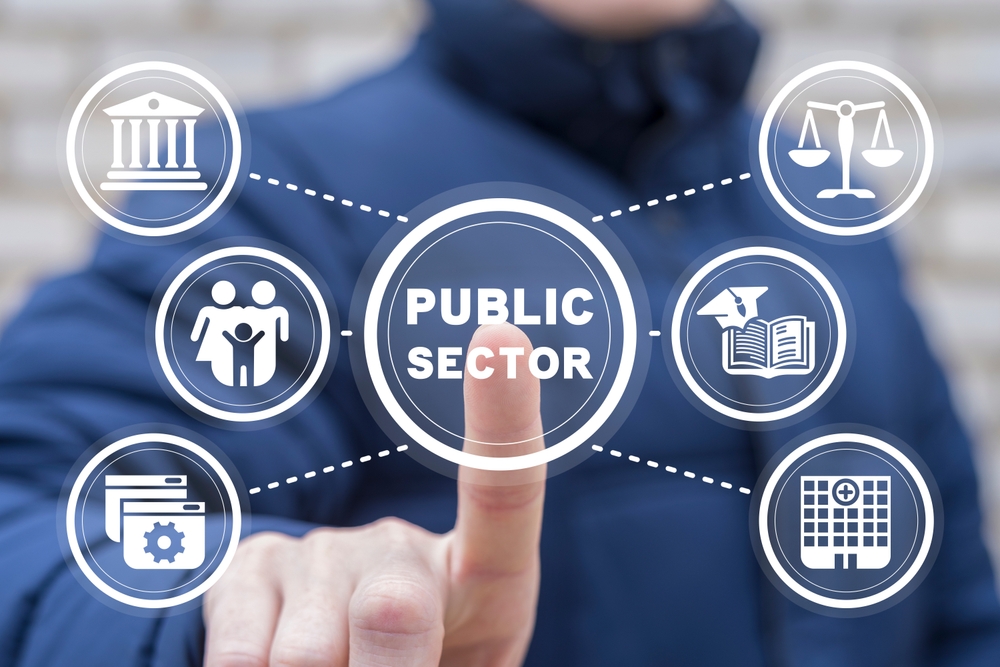Artificial Intelligence (AI) has become an integral part of the public sector, revolutionizing the way governments and organizations operate. From improving efficiency to enhancing decision-making processes, AI has a wide range of applications that are transforming the public sector landscape.
One of the key areas where AI is being utilized in the public sector is in optimizing resource allocation. Governments around the world are leveraging AI algorithms to analyze vast amounts of data and identify patterns that can help in better allocation of resources. For example, AI can be used to predict where crimes are likely to occur, allowing law enforcement agencies to deploy their resources more effectively and prevent criminal activities.
Moreover, AI is being used to streamline government operations and enhance service delivery. Chatbots powered by AI technology are being deployed by government agencies to provide citizens with instant assistance and information. These virtual assistants can handle a wide range of queries, reducing the burden on human employees and improving overall service efficiency.
In the realm of healthcare, AI is playing a crucial role in improving patient care and outcomes. Machine learning algorithms can analyze medical data to help in diagnosing diseases, predicting patient outcomes, and personalizing treatment plans. AI-powered tools are also being used to enhance medical imaging, enabling faster and more accurate diagnosis of conditions such as cancer.
AI is also being used to tackle some of the most pressing challenges faced by governments, such as climate change and disaster response. By analyzing climate data, AI algorithms can help in predicting natural disasters and developing strategies to mitigate their impact. In addition, AI is being used to optimize energy consumption and reduce carbon emissions, contributing to sustainability efforts.
In the field of education, AI is being used to personalize learning experiences for students. Adaptive learning platforms powered by AI technology can analyze students’ strengths and weaknesses to provide customized learning materials and feedback. This personalized approach not only enhances student engagement but also improves learning outcomes.
Another significant application of AI in the public sector is in cybersecurity. With the increasing number of cyber threats faced by governments, AI-powered security systems are becoming essential for detecting and responding to cyber attacks in real-time. AI algorithms can analyze network traffic patterns to identify potential threats and take proactive measures to safeguard sensitive information.
Despite the numerous benefits of AI in the public sector, there are also challenges that need to be addressed. Issues such as data privacy, bias in algorithms, and ethical considerations need to be carefully managed to ensure the responsible use of AI technology.
The use of AI in the public sector is transforming governance, service delivery, and decision-making processes. By harnessing the power of AI, governments can enhance efficiency, improve citizen services, and address complex challenges more effectively. As AI technology continues to evolve, its impact on the public sector is expected to grow, ushering in a new era of innovation and progress.




